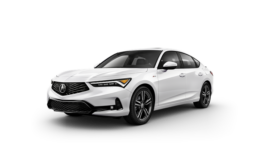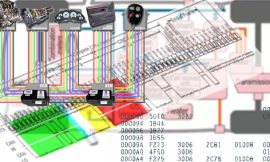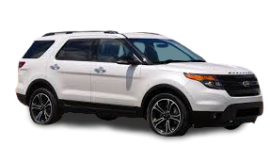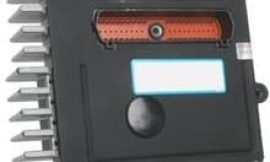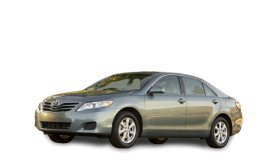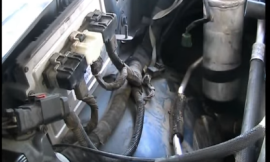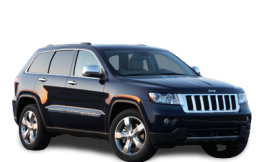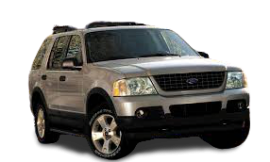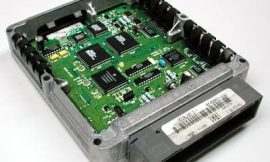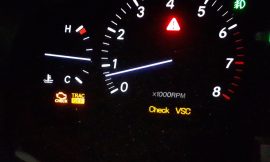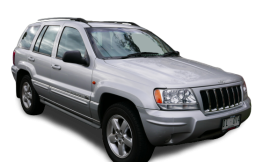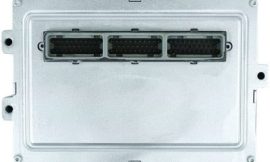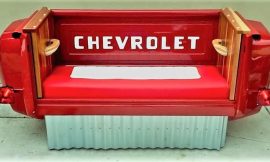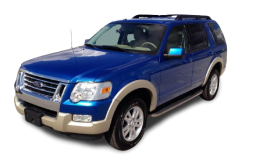Last updated on November 1st, 2024 at 04:33 pm
Your day is likely to start on a bad note if your car clicking but wont start. Probably, you could hear clicks after turning the key in the ignition. Numerous factors would cause a clicking sound in a car that won’t start. Some common causes, such as a failing starter, would cause single clicks, while alternator and battery complications might cause a rapid clicking noise. Today we will discuss major causes of clicking sound when starting car and solutions for failure when you start your car.
Check Your Battery
The first insight on a car that won’t start would be issues with the electrical system. Electrical issues would arise due to a dead battery or a malfunctioning alternator. When the battery voltage is low, you may hear a rapid clicking noise. This is because the battery transmits an electrical current to the motor, which in turn kickstarts the engine.
When the vehicle is at rest, a fully charged battery should have 12.6 volts, while a running vehicle should have 13 to 14.7 volts. You can use a multimeter to gauge whether your battery voltage is in the recommended parameters. Low voltage does not have enough power to supply the starter motor, which causes periodic turning on and off, creating fast clicking sounds. A jumpstart can help start your car but on a temporary note. A bad battery may also be a concern as it does not hold charge. A battery lasts for about three to six years, depending on your location. Replacing a dead battery is likely to get you back on the road.
Scrutinize the Cables, Connections, and Corrosions
These are simple car maintenance protocols that may lead to the car starting complications. First, check the cable connections to the battery. Driving on bumpy and rough roads may subject your vehicle to vibrations which may cause loose connections. Thus, your cables may disconnect, causing unreliable electrical contact. Vehicle inspection should be conducted, and tighten the loose cables.
Additionally, corrosion may develop on the battery terminals, which may cause poor electrical conductivity. You should unplug the cables and eradicate the clogs to reinstate the electrical connections and see if the car clicking but wont start

The Alternator Can Be Why Your Car Clicking But Wont Start
This is a major concern for rapid clicking noises when trying to start your car. This is because the alternator is responsible for recharging the battery that powers and cranks the engine. The starter motor consumes a lot of stored battery’s power. However, a battery charging system is autonomous as the alternator replenishes the energy consumed.
If you start and hear clicking sounds, there may be issues with the alternator. You can consult a technician to test whether the alternator is in the best state. If not, consider replacing it so that you can have a seamless time starting your car.
Starter Motor
After resolving the above hurdles and car clicking but wont start, you could have a faulty starter. A starter solenoid that provides a connection with the starter motor may be having a problem. Its main function is engaging the starter motor, which turns the flywheel and starts the engine.
The major symptom of a faulty starter is a single clicking sound after turning the key. A bad starter could be a result of clogging by dirt, debris, and oil. Hence, you should schedule maintenance to ensure that it is in a good state. Starter relays may provide service from 30,000 miles to 200,000 miles depending on the vehicle and driver. A car that won’t start may require repair or replacement of your starter. Below are the steps of replacing a starter:
- Garner your tools. They include pliers, wheel chocks, screwdriver sets, socket sets, jack stands, and car jack and find space to execute the task.
- Lift the car (if necessary).
- Disconnect the battery terminals.
- Locate the starter motor. You can deploy the manual or Google search.
- Detach vehicle parts and connections that may hinder you from accessing the starter.
- Remove the starter and replace it with a new unit.
- Reconnect the parts and connections that you had detached.
- Lower the vehicle and connect the battery terminals.
- Crank the engine and give it several tries if the first one doesn’t work.
In case you don’t fix the cause car clicks but wont start, it is recommended that you consult a technician rather than making arbitrary part replacements or changing the car engine control module . Car maintenance practices such as replacing air filters, oil change, and tire repair can be solely executed. However, guessing which parts to replace when a car won’t start may lead to expensive repairs later.
Conclusion
A car that won’t start is a common scenario that occurs occasionally. This may be due to factors such as a bad starter, dead or uncharged battery, faulty alternator, loose connections, and corrosions on battery terminals. Hence, it is recommended that you conduct car maintenance often to ensure that your car is in the best state. You can also engage a technician in complex car maintenance practices.
Car Clicking When Trying to Start FAQ’s
Numerous causes may cause a clicking sound in a car that won’t start. They include battery and connection problems, a faulty starter, corrosion on battery terminals, and issues with the alternator.
A starter relay is a device that channels power to the starter. A bad starter will trigger a loud clicking sound after turning the key or pushing the start button and the car fails to start.
A dead battery is one of the prominent causes of a car that won’t start. However, if the stater solenoid is functional, you will hear a rapid clicking noise as the battery does not have enough electrical current to turn the starter motor.
ou can use a multimeter to gauge whether your battery has the correct voltage. If it’s within the recommended voltage, but the car won’t start, the batter has no issue. The problem would then be a damaged starter due to clogging by oil, dirt, debris, among other factors.



